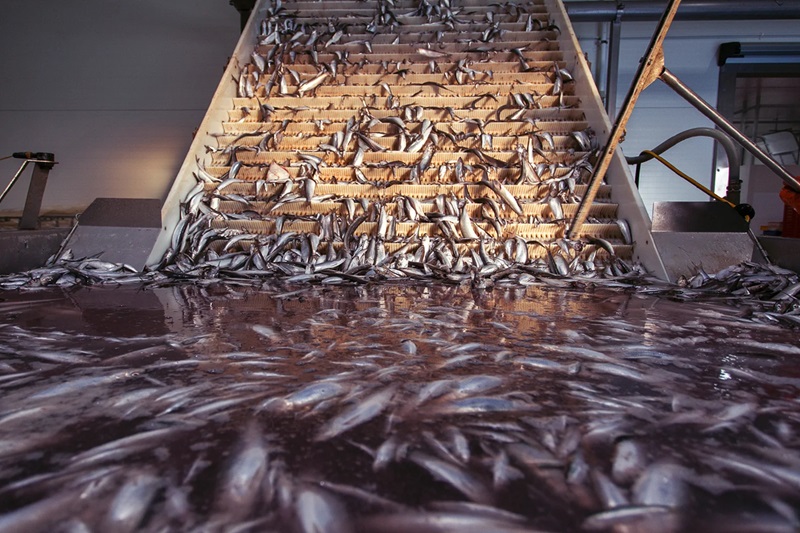
canadas lagging response to seafood supply chain issues
Last updated on January 26th, 2024 at 02:00 pm
Canada is not doing enough to address problems in the seafood supply chains, which could be harmful to ethical practices and sustainable sourcing. Issues like climate change affecting the oceans and problems like illegal fishing and poor working conditions are becoming more important, and Canada needs to catch up with other countries in responding to these concerns.Seafarers in the fishing industry endure grueling conditions, with long hours and low wages, while those in seafood processing, often migrant workers, face similar challenges.
Lots of countries have put rules in place to deal with these worries. The European Union and Japan have banned seafood imports produced through illegal fishing, and the United States includes seafood in its program to ban imports produced by forced labor. Lots of countries have put rules in place to deal with these worries.
Despite a new law, the Forced Labour and Supply Chain Reporting Law, taking effect in January 2024, criticisms arise regarding its effectiveness in curbing forced labor in Canadian supply chains. The law is seen by some as a mere checkbox exercise for companies. For Canada to really tackle these problems, it should make strong laws that make sure companies check and fix any human rights or environmental issues in their supply chains.
Private certification schemes, such as the Marine Stewardship Council (MSC), have been relied upon by Canadian seafood buyers, but evidence suggests these certifications may fall short in addressing terrible working conditions. A complex seafood supply chain, often labeled with the origin of processing rather than where the fish was caught, adds to the challenge.Canada should do private checks on companies and team up with international groups to make a strong system for worker rights. Joining agreements like the International Labour Organization’s Work in Fishing Convention and looking at models like the ITF inspectorate could be really important. If Canada follows these steps, it will help so the seafood comes from good places and treats workers well.







